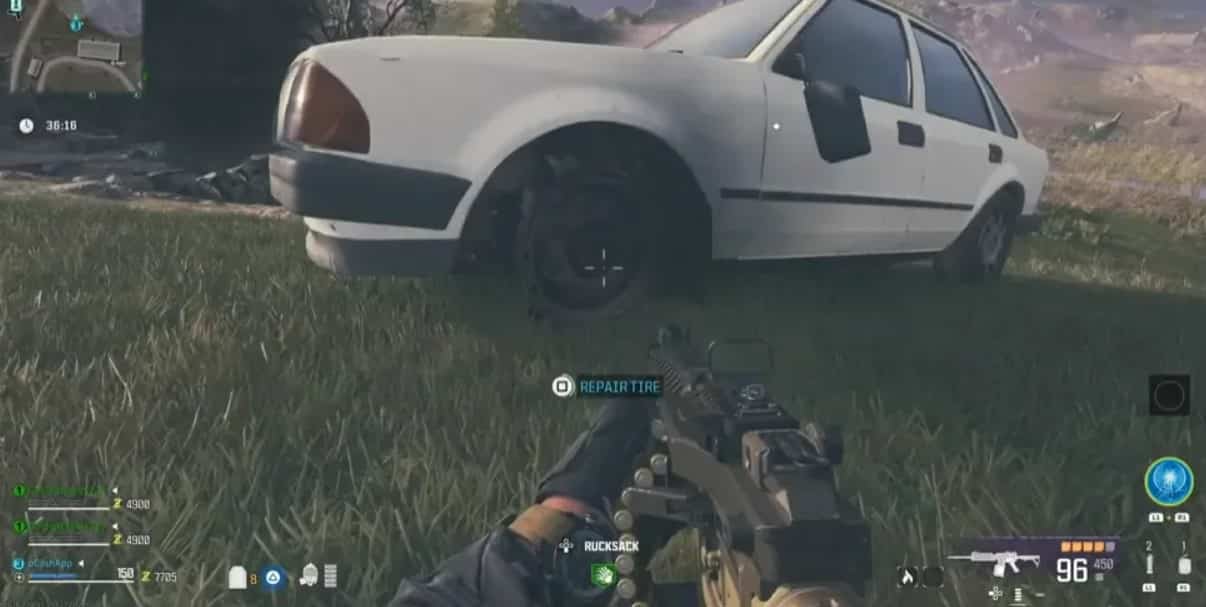Enhancing Critical Thinking in College: Effective Exercises and Strategies

Critical Thinking Exercises for College Students
Students should develop various skills, and critical skills are always among the most important learning abilities. They help to use your logic extremely effectively. A person can logically assess and analyze information, realize its meaning, and thus find the most suitable solution to a problem. So, critical thinking skills are vital not only for learning but for life in general. This compressive blog post sheds more light on the exercises teachers can implement to boost these vital skills in their students.
Understanding the Importance of Critical Thinking in Higher Education
First of all, we need to find out why critical thinking is so important in higher education, as well as in education in general. All students are expected to be able to find various kinds of data to understand what facts are relevant for them, how to analyze them and apply the found knowledge for the solution of their problems or academic tasks. Logical reasoning is one of the strongest helpers of all students. More often than not, critical thinking more efficiently can save you from the necessity to order research papers for sale the next time you’re assigned a new task in class.
Challenges in Developing Critical Thinking Skills
There are likewise definite challenges students may face when they try to develop their critical thinking skills.
- Cognitive biases. These are mental shortcuts that don’t help us to think clearly and make correct decisions. Some students suffer because of them.
- The wrong methods of teaching. Some methods applied by teachers may not suit definite students.
- Egocentric thinking. Some students are too focused on themselves, and they believe only what they consider to be the truth. So, they never think critically when they are wrong.
- Groupthink. At times, students rely on their peers when they work in groups. They have no desire to think because someone else will find the answer.
- Schedule pressures. Oftentimes, the curriculum is tough, and it leaves no time for students to breathe easily. They are under continuous pressure, which interferes with logical thinking.
Of course, there are other challenges. We have identified the most significant to our opinion.
Effective Strategies to Enhance Critical Thinking
If you are a teacher and still cannot find suitable strategies for your students, we can help you. We have checked multiple options and have found 3 strategies that surely help to enhance critical thinking skills. Make allowances for them here below:
- Comprehensive analysis. Students should carry out a detailed and systematic examination of the topic they analyze. They are supposed to break the whole into smaller chunks and thus see various qualities of the structure. It helps to find the right answers.
- Reflective thinking. This method is applied to review the actions that led to the outcome you are to investigate. The previous actions frequently explain why we have the final we’re facing now.
- Applying the falsification theory. This method helps to separate science from non-science. To cut it short, students need to check theory by looking for disconfirming evidence. They are supposed to seek data that contradicts their beliefs and thus find the truth.
Practical Exercises to Foster Critical Thinking in Students
There are many practical exercises that boost your decision-making and help to find the right solution pretty quickly. We have defined 3 interesting methods for you:
- Before-explore-explain. This exercise prepares students for real-world challenges. They are to pass 4 stages. Firstly, they should collect and analyze data to understand what they have. Secondly, they assess its validity and reliability. Thirdly, they check if any differences are possible if they conduct another research. Fourthly, they come up with a solution.
- An issue of equity. This is a set of approaches a student must apply. When a topic is to be researched and answered, a student should apply reasoning, problem-solving, decision-making, and evaluation of data to find the best solution.
- Unpack and define critical thinking. This method makes a student divide the whole process of exploring and finding the solution into segments. There are recommended segments, but students are free to make as many divisions as they like to suit their needs and talents. This division also helps to think critically because they try to find out what segments they may need to be successful.
The Role of Open-Ended Questions in Critical Thinking
One more thing we need to consider is how open-ended questions impact the development of this vital skill. It helps to think vividly. Students challenge the “surface” of the discussed issue. They manage to explore it from different angles to find out all the ends. Thus, their thinking broadens.
Encouraging Curiosity and Problem-Solving Skills
Teachers can help to boost critical thinking by encouraging curiosity and problem-solving skills. Children should be interested in various topics and subjects they study. If they don’t want to dig deeper into the matter, their critical thinking will be weak. They ought to see a problem and find a solution to it.
Reflective Practices for Better Critical Thinking
It’s useful to try various reflective practices because they sufficiently enhance critical thinking. Oftentimes, students need the reflection of their deeds or the actions of other people to see all ends. They should go back to define the cause or the trigger of definite things to think broadly and thus find the required answers.
FAQ
What are critical thinking exercises for college students?
These are before-explore-explain, an issue of equity, unpack and define critical thinking, comprehensive analysis, reflective thinking, applying the falsification theory, and others.
Why is critical thinking important in higher education?
It is important because it helps students to comprehend information, understand what facts are useful, how to analyze them, as well as apply the retrieved knowledge to make fast and effective decisions that help to solve all kinds of problems.
How can educators effectively develop critical thinking skills in students?
Educators can develop critical thinking in their students through the development of self-esteem, using evaluative praise, learning conversations, modeling their own thinking, metacognitive questioning, asking tough questions, etc.





